Green therapy: how gardening can improve your physical and mental wellbeing
The mood-boosting impacts of gardening are undeniable - we take a closer look at how it really can improve our health
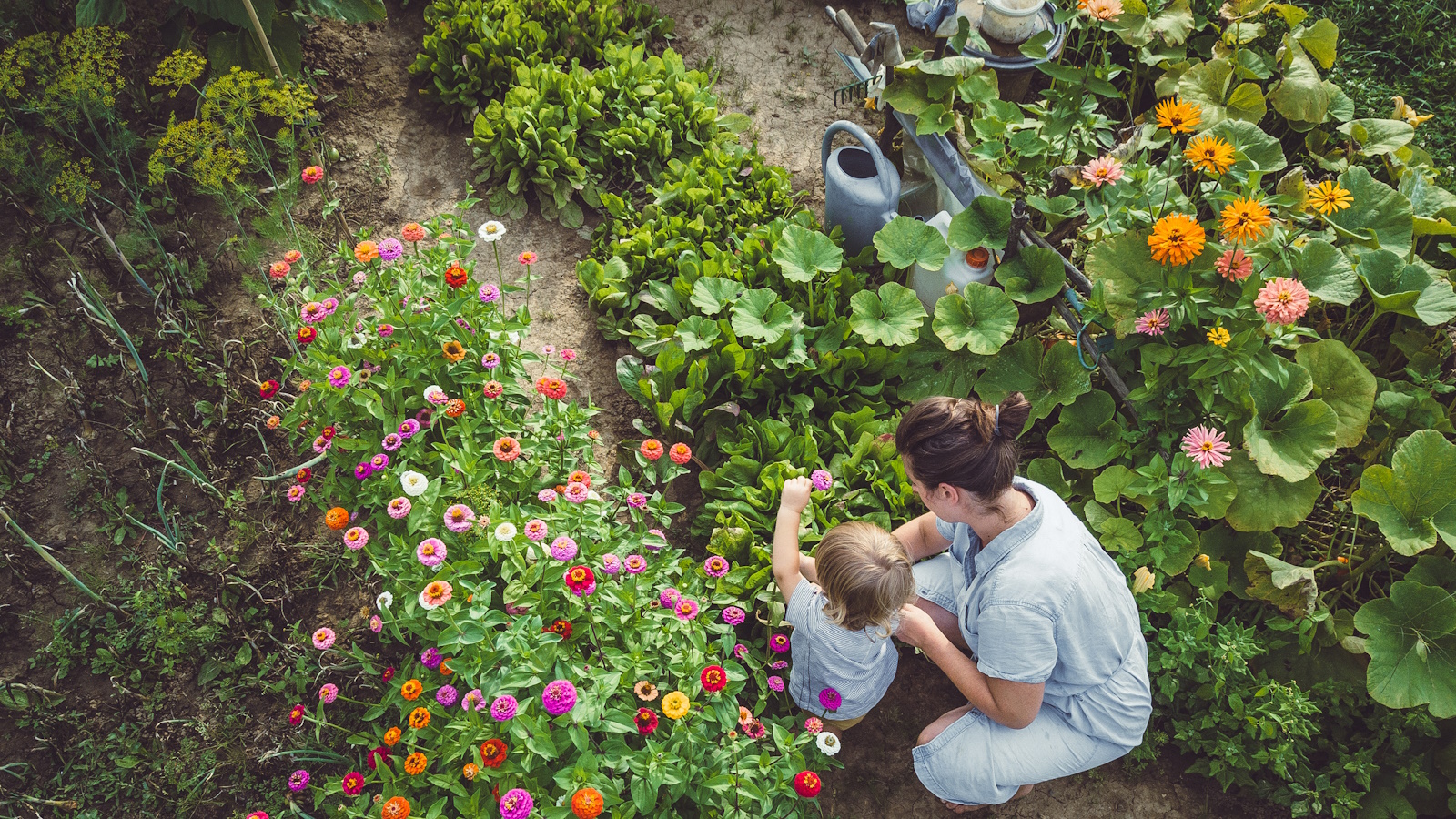
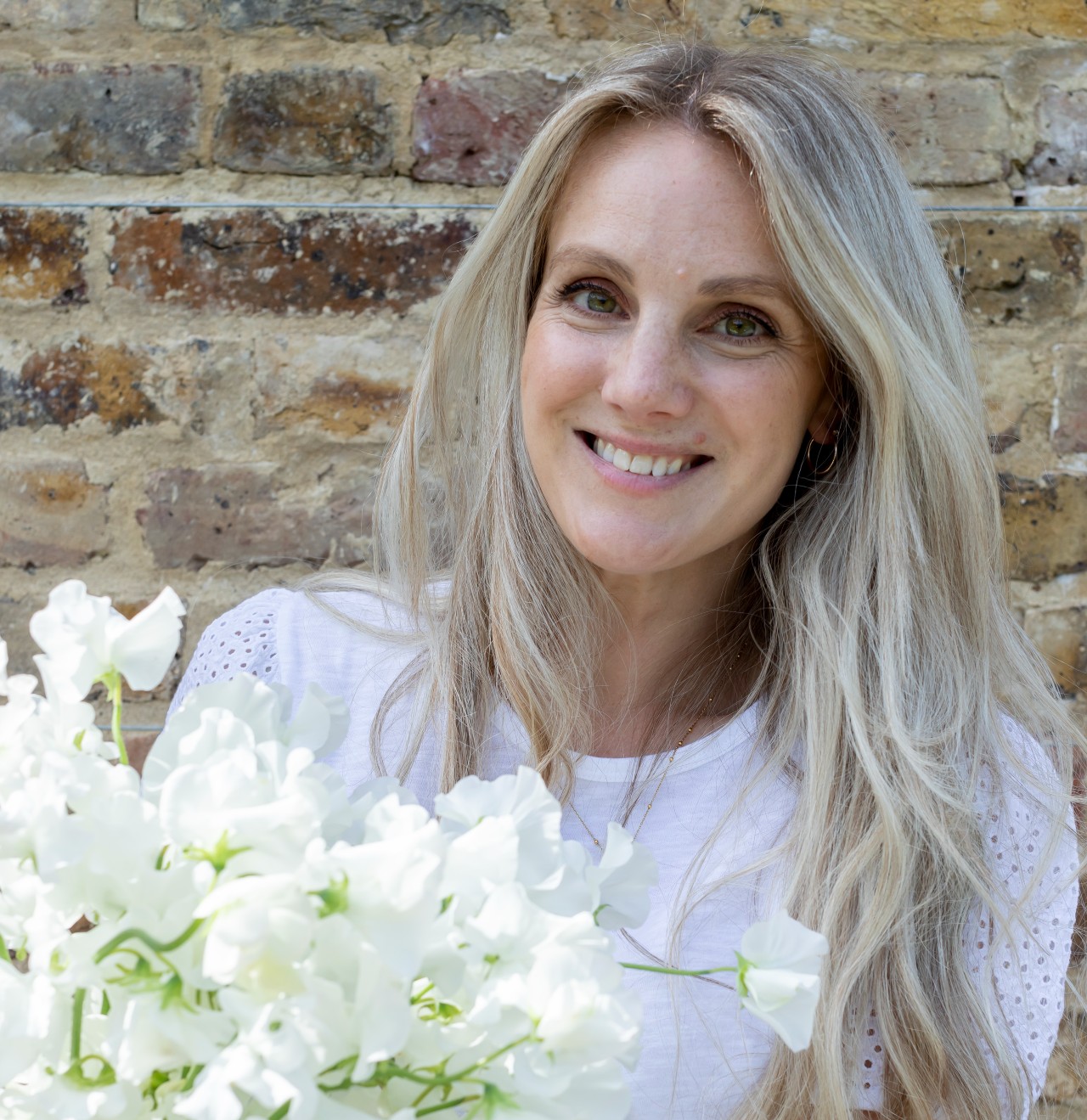
It will come as no surprise when I say gardening is good for you. It really is. We have probably all felt the benefits of so-called green therapy in some form or another, possibly without realising. Spending a couple of hours a week exposed to nature has been proven to reduce stress, lift mood and lower blood pressure.
So, why is this? The combination of physical activity gardening provides, alongside the potential for greater social connections and exposure to vitamin D, is a recipe for good health and wellbeing. Many countries in the world, including the UK and Singapore, now offer gardening and time in nature as part of a social prescribing programme, to benefit patients with a range of mental and physical issues.
Studies have even found that soil itself is good for our health. Not only does it help us to feel grounded, but it actually holds microbes and nutrients which can help to boost immunity and mirror the effects of some antidepressant drugs.
For me, gardening is essentially magic. Being able to take the tiniest of seeds, get them to germinate and watch them grow into huge plants, bearing flowers and fruit, is miraculous. The gradual, majestic process has helped me hugely over the years to manage times of stress; and when recovering from a period of chronic fatigue a few years ago, my backyard became my sanctuary.
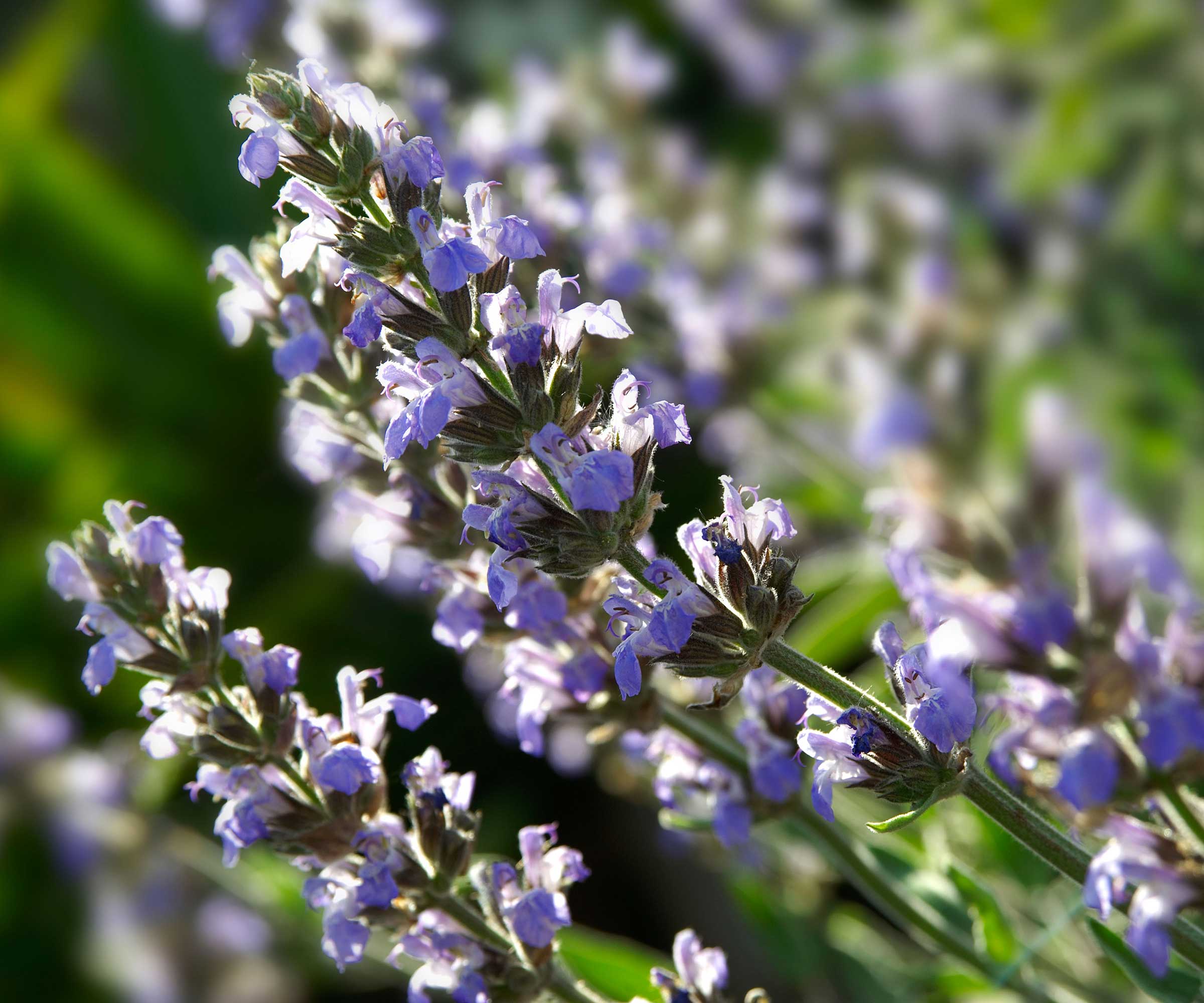
7 ways gardening can improve your health
Our garden experts help to shed light on many more wonderful ways that gardening can be beneficial for your health.
1. Growing our own food makes us healthier

Growing your own means you will get to eat more of the vegetables and fruits you adore, and if you choose to garden without the use of pesticides or chemicals, you can be assured everything you’re growing will be as natural and organic as it can be.
You don’t need a large space to grow your own food - many crops such as tomatoes, strawberries or chills grow really well in containers.
Yola Robert is a holistic nutritionist and integrative health coach who specializes in gardening to help improve mental and physical wellbeing. She learned how to garden and grow her own food to help nourish her body when she was diagnosed with several gut and autoimmune conditions, and says everything begins with the soil.
‘I focused on building up nutrient-rich soil by balancing the right amounts of nitrogen, phosphorus, magnesium and potassium in addition to biodiverse compost. Unfortunately, due to modern farming practices, most soil is nutrient-depleted even with organic farming,’ she says. ‘By doing so I noticed a richness in color, texture and flavor in the vegetables I was growing that I would not typically see in the grocery store. This can indicate that vegetables are more nutrient-dense with minerals and antioxidants.
‘Once I started eating my vegetables more regularly I noticed less inflammation, it was easier for my gut to digest them, and I even felt more energy after eating,’ she adds.

Yola is a Holistic Nutritionist and Integrative Health Coach with a focus on hormone and gut health, autoimmune diseases and non-toxic living.
2. It provides community and a network
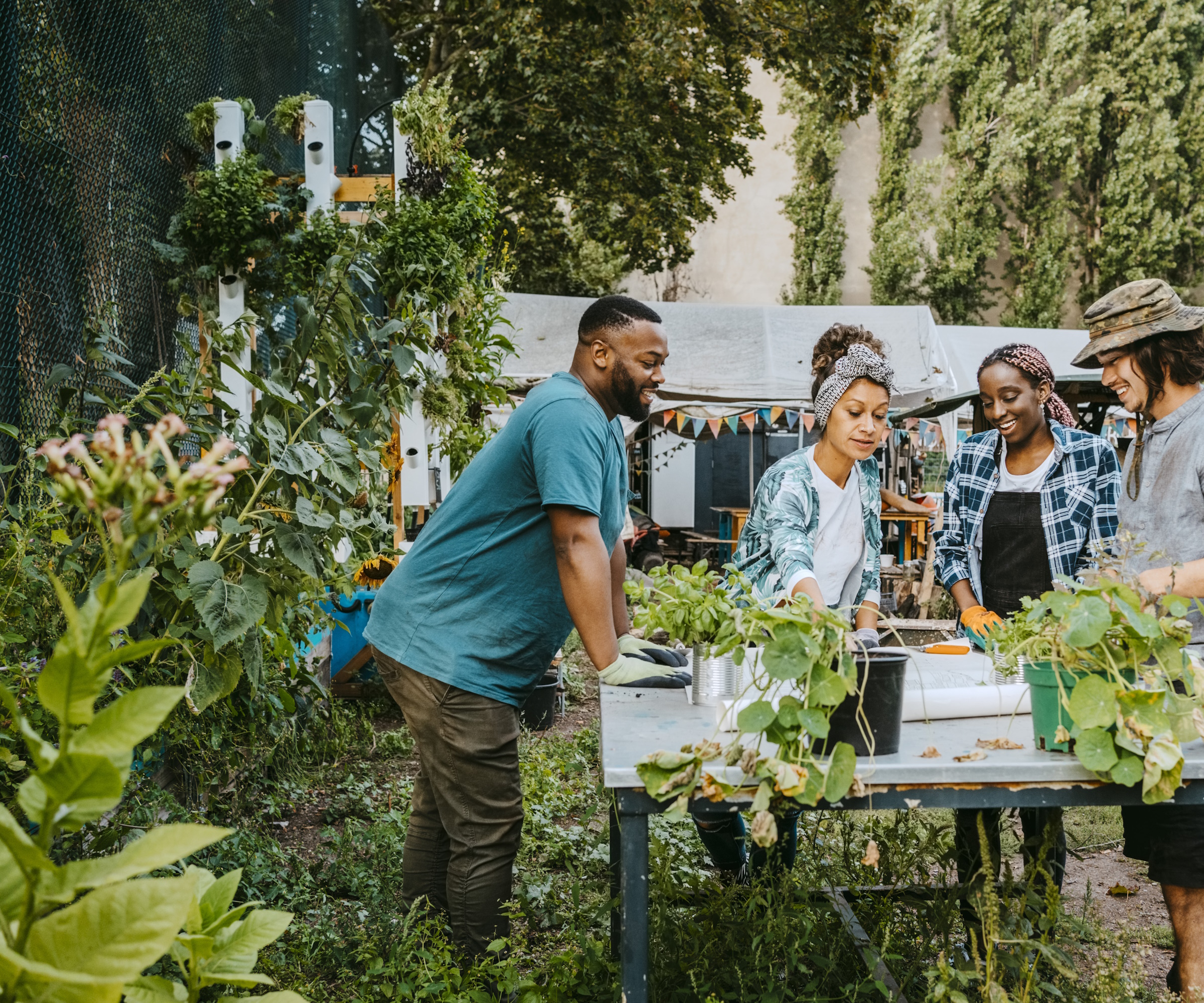
If you belong to a community garden project, you will know the huge value gardening with others can have on our mood. Building relationships and friendships, and boosting our social interactions within a common-interest group is a huge part of maintaining stable mental wellness.
Gardening provides us with many ways to meet people and build or foster local connections. This might be by joining a gardening club, seeking out seed-swapping circles, or attending a course at a local horticultural college.
Gardeners are also more than happy to share knowledge and the fruits of their labor, exchanging plants and produce with others in their local area. This helps to break down barriers, says Thomas Rutter, gardener and content editor on Homes & Gardens.
‘Gardening is a great leveler, allowing people of different backgrounds and experiences can come together and share in the joys of growing. This supports the idea that gardening is a shared experience,’ he says. ‘Throughout my gardening career, so many fellow gardeners have helped and supported me, sharing their tried and tested growing methods and ways of working. Their kindness is not uncommon and is prevalent across community gardens and allotments across the world.’
Drew Swainston, also a Homes & Gardens content editor and former professional gardener, has had first hand experience of how gardening can help people be more social and feel part of a community.
‘During my days as a professional gardener, I was fortunate to have many volunteers who came to assist with looking after a historic garden. They came week-after-week as gardening offered them physical and mental health benefits, but also they loved the social aspect of it,’ he says. ‘They felt part of a team, part of a community of like-minded folk who came together and got their hands dirty for a cause that meant a lot to them. It formed a close knit community of people bonded by their love of gardening.'

Thomas is a Content Editor at Homes & Gardens. He has been working as a gardener and garden writer for several years. Whilst completing his Horticultural Traineeship at the Garden Museum, London, he was able to gain experience at many of the UK's world-famous gardens, including Sissinghurst, Lowther Castle, and Iford Manor. Following this, he worked for two private estates in Tuscany, Italy. During this time, he developed expertise regarding practical gardening and growing in dry and hot climates. He has managed kitchen gardens and cut flower gardens, providing food and flowers to be enjoyed on a daily basis
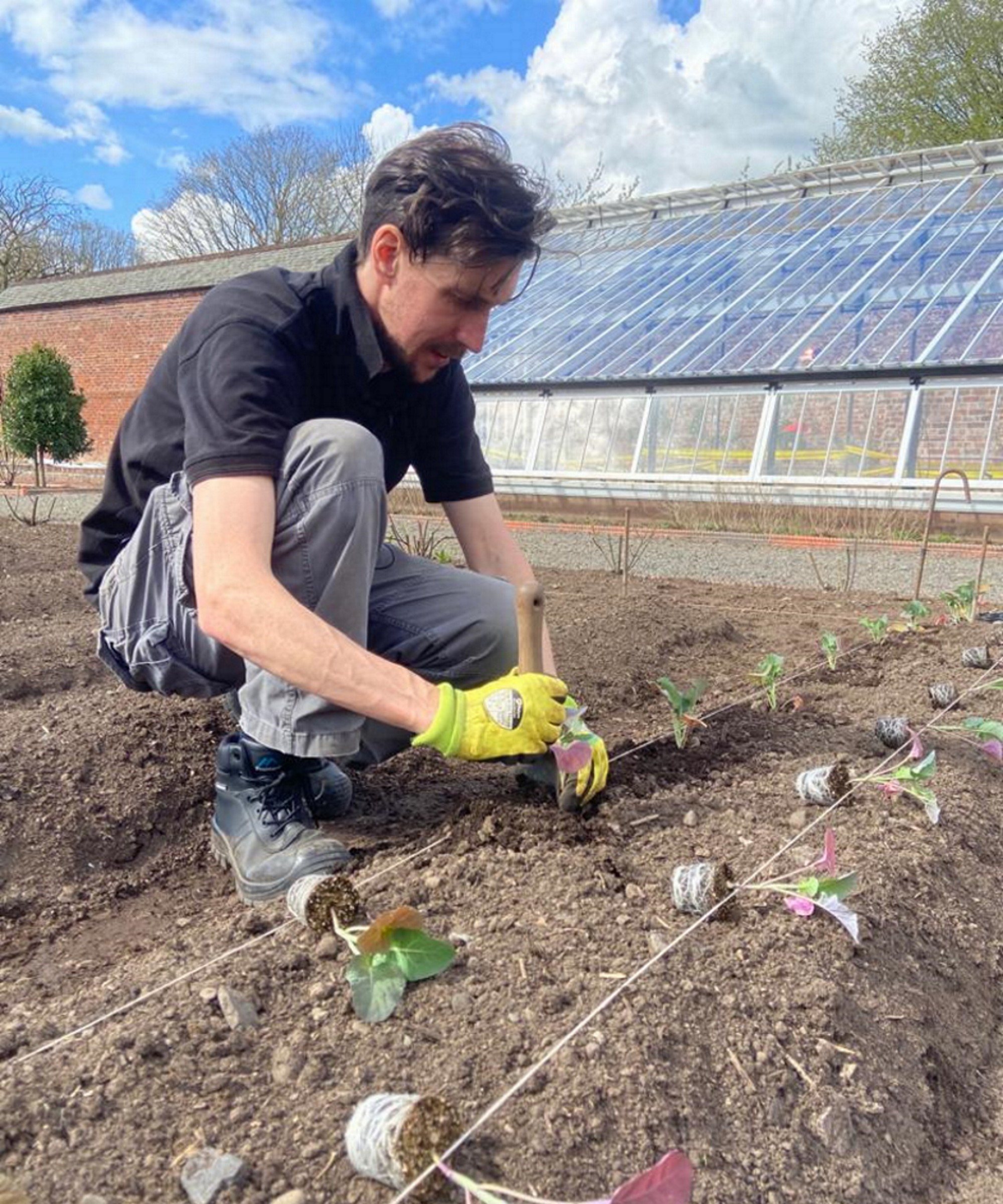
Drew qualified as a journalist and wrote for many websites and publications, before studying for a horticulture qualification. He worked as a professional gardener for several years, specializing in kitchen gardening. He's now bringing his expertise and passion to Homes & Gardens as a member of our team.
3. Gardening burns calories
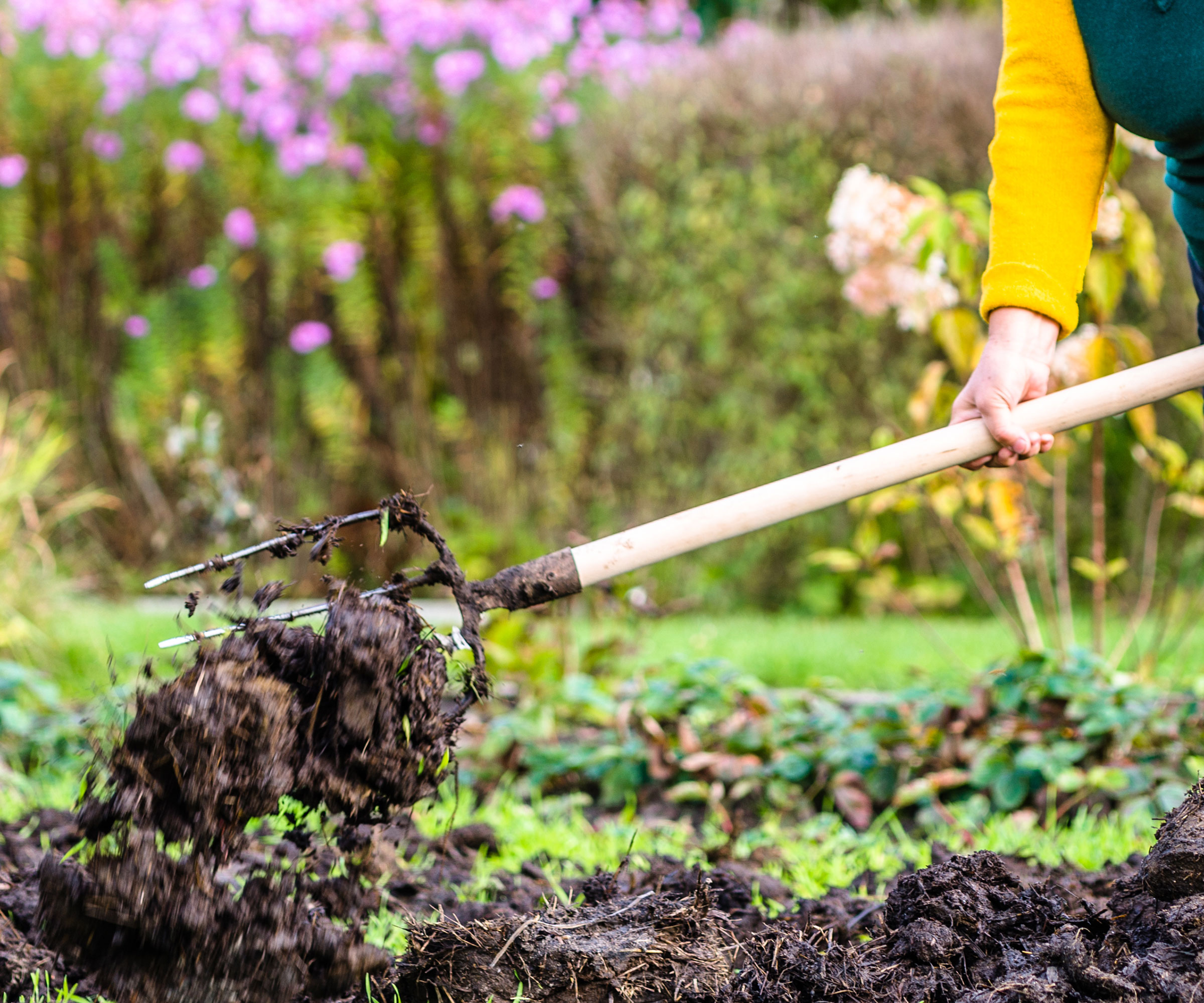
The movement and exercise involved in gardening can help in a whole range of ways to improve our physical health. It can improve mobility and build strength and endurance, as well get our heart rates going.
According to a report published in the National Library of Medicine on gardening for health: ‘working in the garden restores dexterity and strength, and the aerobic exercise that is involved can easily use the same number of calories as might be expended in a gym.’
The report states that digging, raking and mowing are particularly calorie-intensive activities.
4. Gardening can reduce stress
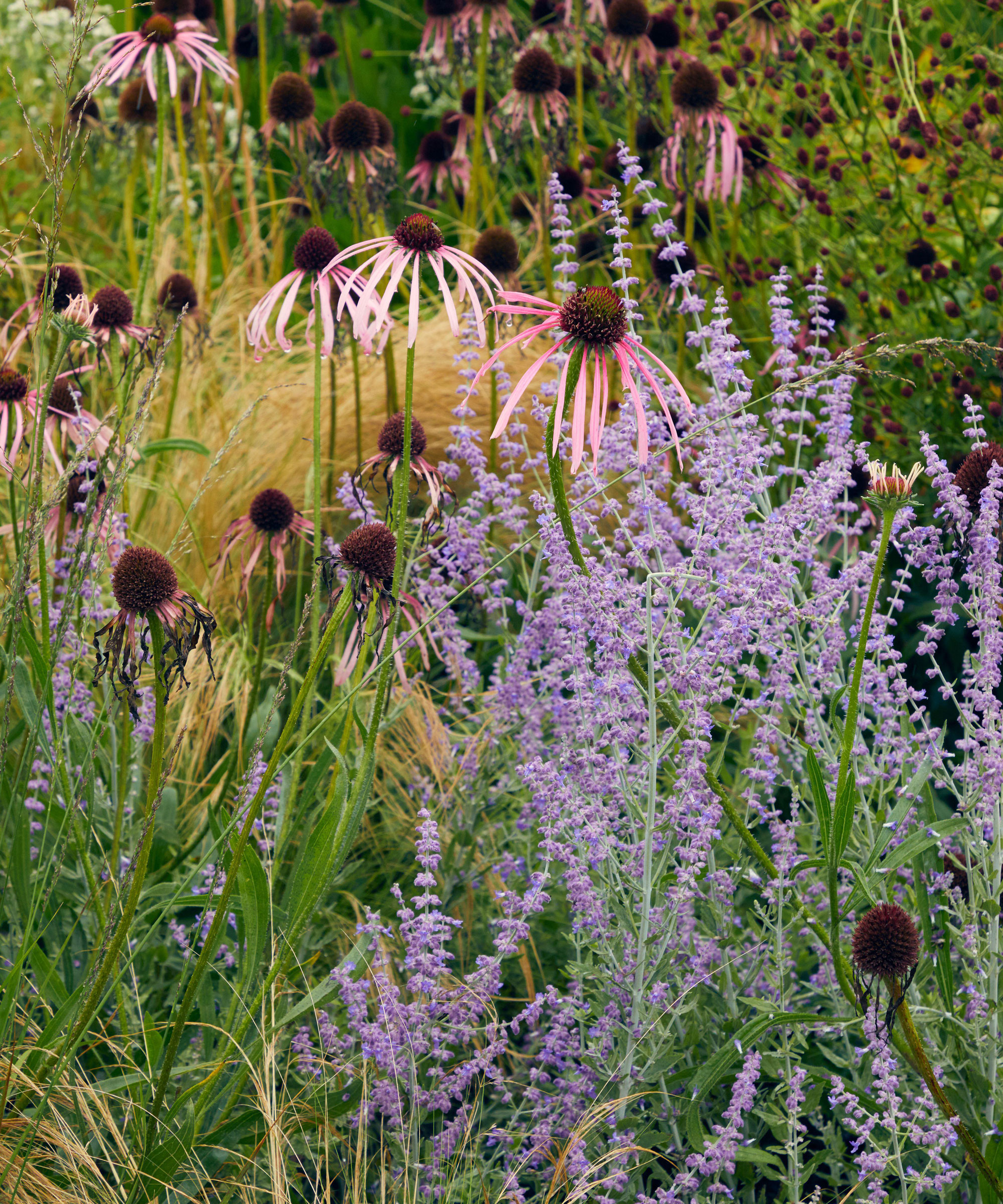
At some point in our lives we will all experience periods of stress and anxiety. Connecting with the soil, the land, and mother nature is a really effective way of navigating this and feeling more grounded. It also provides us with a gentle way of practising mindfulness in the safe setting of our backyard.
Of course, you can still experience the positive effects of green therapy without having a backyard. Indoor gardening and houseplant cultivation allows us to bring nature into city apartments, which can counterbalance the fast-paced, often hectic, city lifestyles.
‘One of my clients lives in New York City without a balcony or patio. I helped her find a rolling planter that she can set up next to her window,’ says Yola Robert. ‘Even during the winter time, she can grow tomatoes, carrots, potatoes, herbs, scallions, and radishes.’
It’s also super simple to grow herbs indoors, in a kitchen or a window box. You can also consider adding some potted plants for scent, such as rosemary or lavender. Even better, if you are able to position it on a balcony or next to an open window, could attract a few urban bees to your space.
Houseplants, too, can bring a wealth of wellness benefits. ‘I find that taking the time to care for their different needs is a relaxing activity, especially for those plants that enjoy extra humidity and require regular misting,' says Tenielle Jordison, a gardens news writer for Homes & Gardens. 'I also find joy in being able to multiply my houseplants through propagation and watching new shoots appear in my windowsill pots.
‘You learn so much from growing indoors and it’s a great way to green up your space and bring nature into your home where you may not have the opportunity to get involved with gardening otherwise.’
There is also a lot of research around different houseplant colors and wellbeing, such as the calming effect of blue plants.
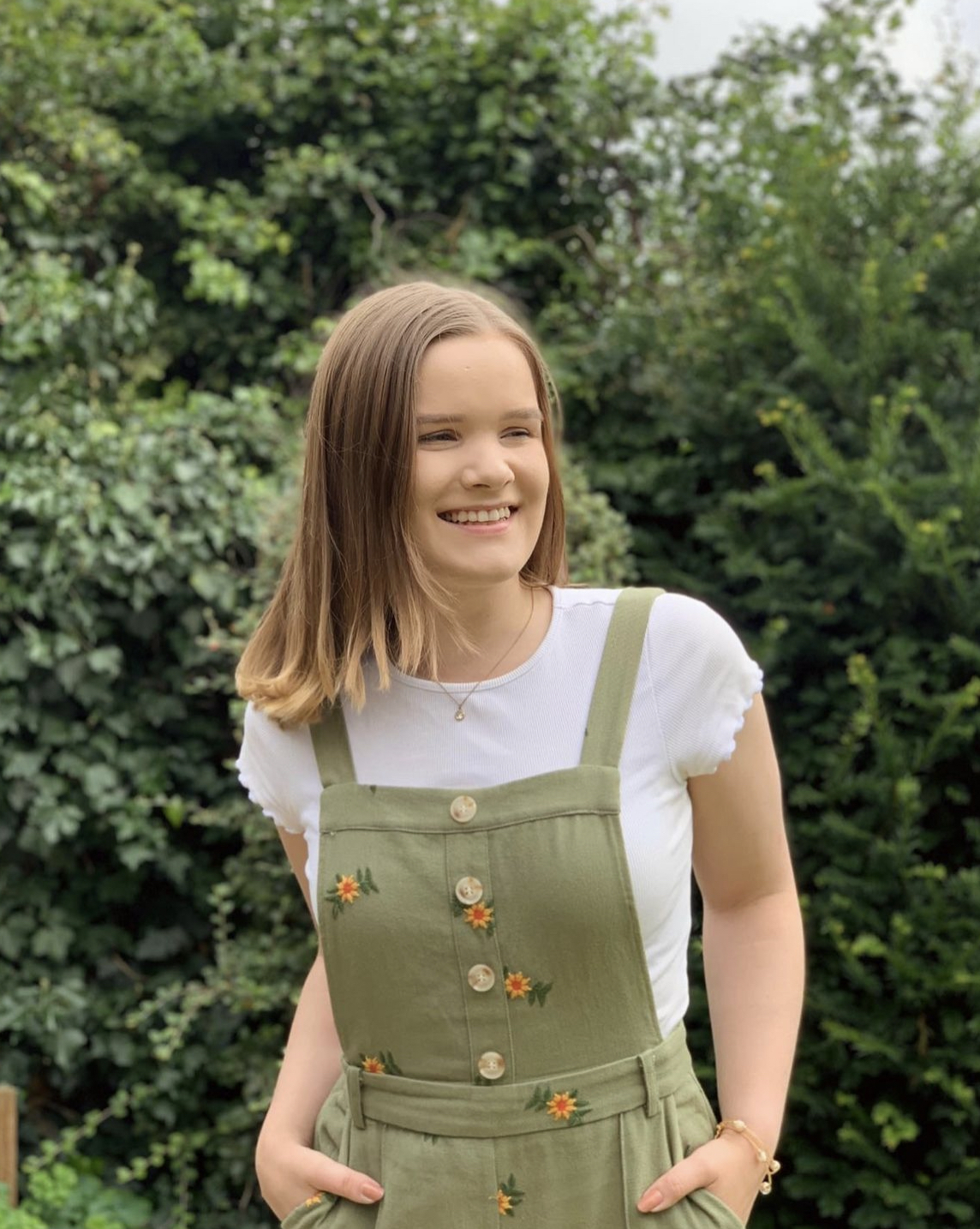
Tenielle is a News Writer in the Gardens team at Homes & Gardens. She studied BA Journalism, Media and English Literature and MA Magazine Journalism at Cardiff University. Before coming to Homes & Gardens, she was in the editorial department at the Royal Horticultural Society and worked on The Garden magazine. Tenielle is also a houseplant lover who is slowly running out of room for her ever-growing collection.
5. Gardening can give us a channel to deal with grief
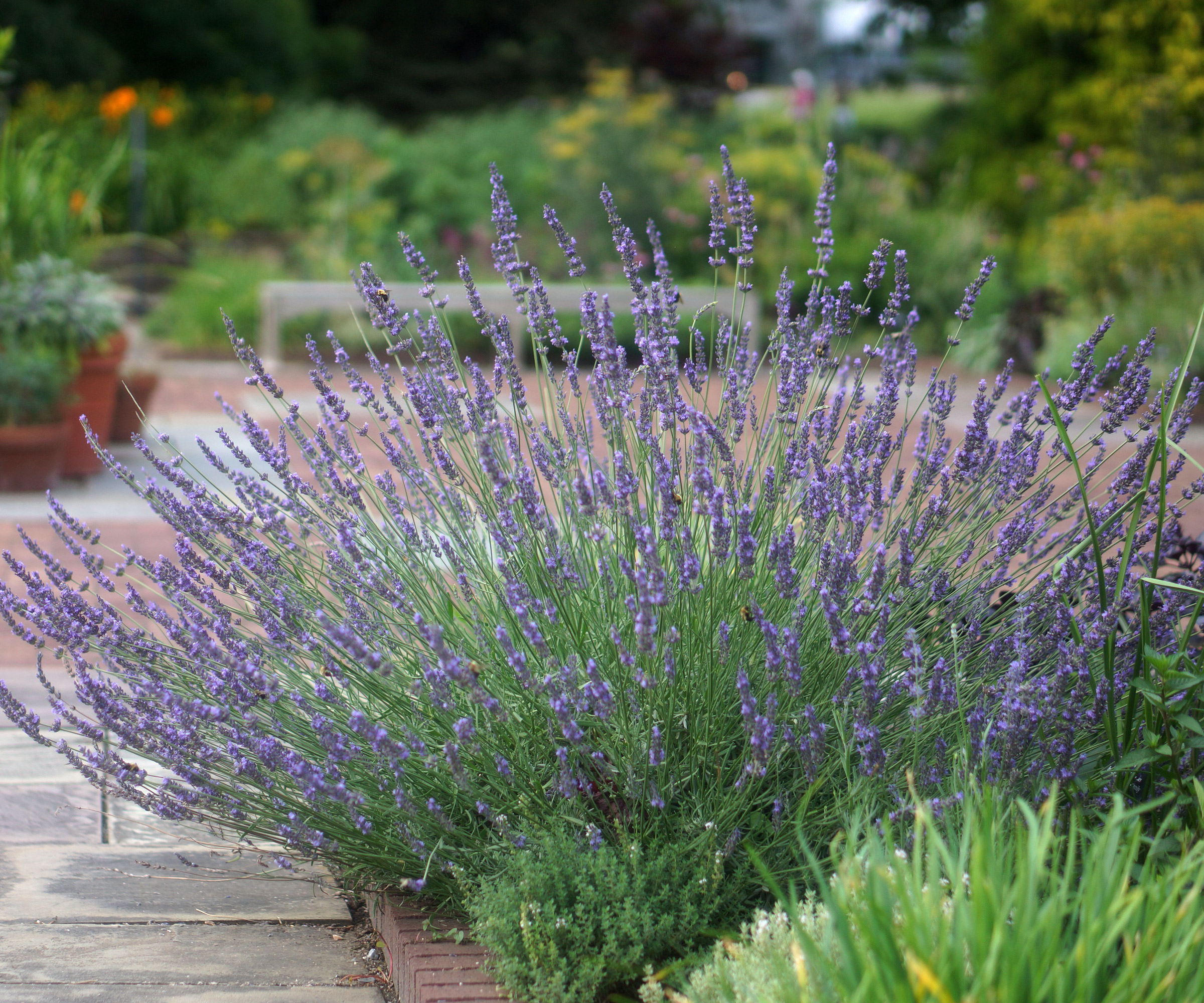
Often when we are faced with hugely difficult times in our lives, focusing the mind and channelling our energies into an activity that feels safe and hopeful is an effective way of coping.
Lisa Fontanarosa, a lavender grower and floral stylist, created a lavender farm on her land six years ago as a way of dealing with the loss of her mother. She says she turned to gardening to help her heal. ‘I was nurtured through nature,’ explains Lisa. ‘It was my mother who instilled in me a love of gardening, flowers and green spaces. After she passed away, my husband and I planted the lavender field to honor her.
‘When I am in my garden, I feel so invigorated. It has become a vital part of my everyday wellbeing, and is definitely my safe, happy space. The smell of fresh lavender is a meditative perfume, and its quiet simplicity makes me appreciate the earth.’
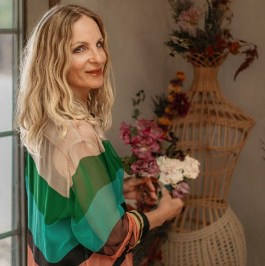
Lisa is a stylist, gardener, floral creator, and creative consultant who has traveled all over the world working with A-list style makers and collecting beautiful objects for her shop and home. She creates luxurious spaces for private clients and works with designers who create custom pieces for some of the biggest names in the business, including Bergdorf Goodman, Barneys, Colette, and Bon Marche.
6. It boosts our vitamin D intake
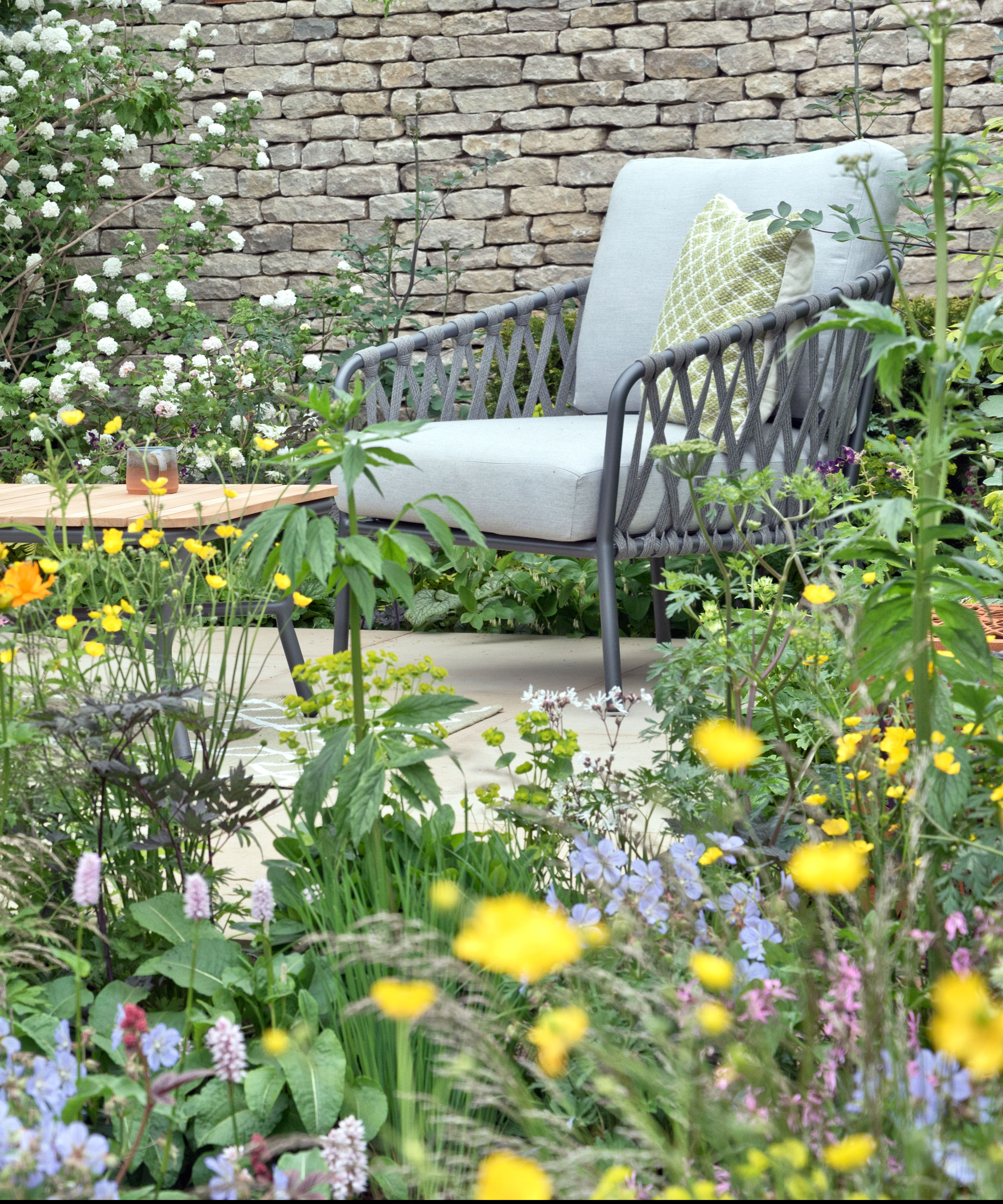
It is almost a no-brainer, but it’s important to note that being outside in the yard more regularly will increase the amount of vitamin D our bodies absorb from exposure to sunlight.
Vitamin D is crucial for building and maintaining healthy bones, as it helps us to absorb calcium. Studies have shown it also helps to reduce inflammation, fight infection and reduce cancer cell growth.
7. Gardening gives us a way to connect with family
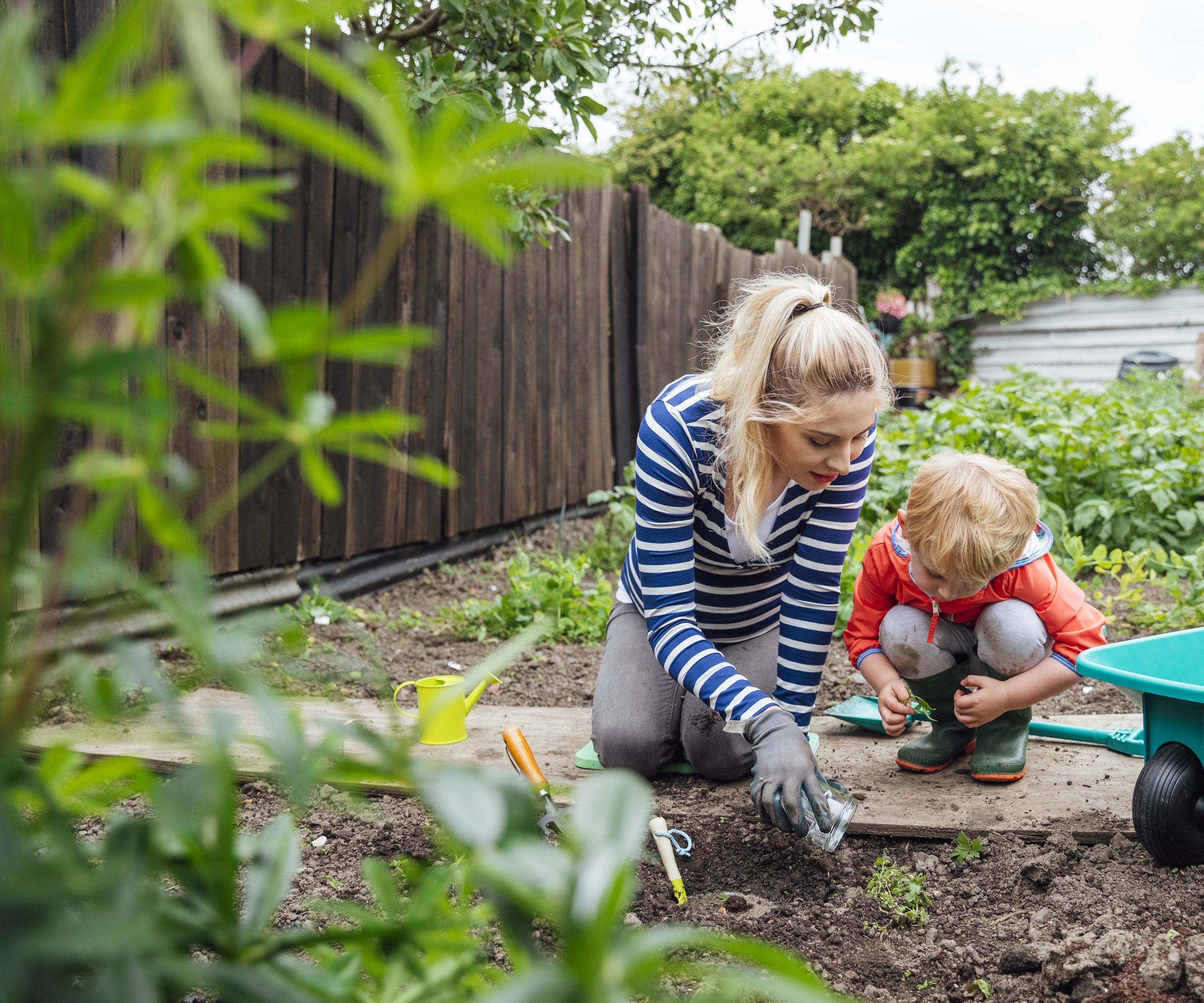
Time in the garden is often remembered fondly and with great nostalgia; it is a place where we make memories and different generations can spend quality time together.
‘For me, gardening is a way to connect with family,’ says deputy gardens editor on Homes & Gardens Teresa Conway. ‘My earliest memories are playing around in my grandad’s garden as a child, shelling broad beans while he tended to his vegetable patch. Then it was helping my parents establish backyard chickens when they made the move out of a busy inner city home to a rural setting for their retirement. Finally, I recall watching my dad dig over the weeds in the backyard of my first home, to prepare it for laying a lawn so my son can get out there and run around when he gets older.
‘For me gardening is a connection to loved ones and cherished memories, it is a living, breathing time capsule that has much emotional attachment and never fails to give me a boost when it’s needed,’ she adds.
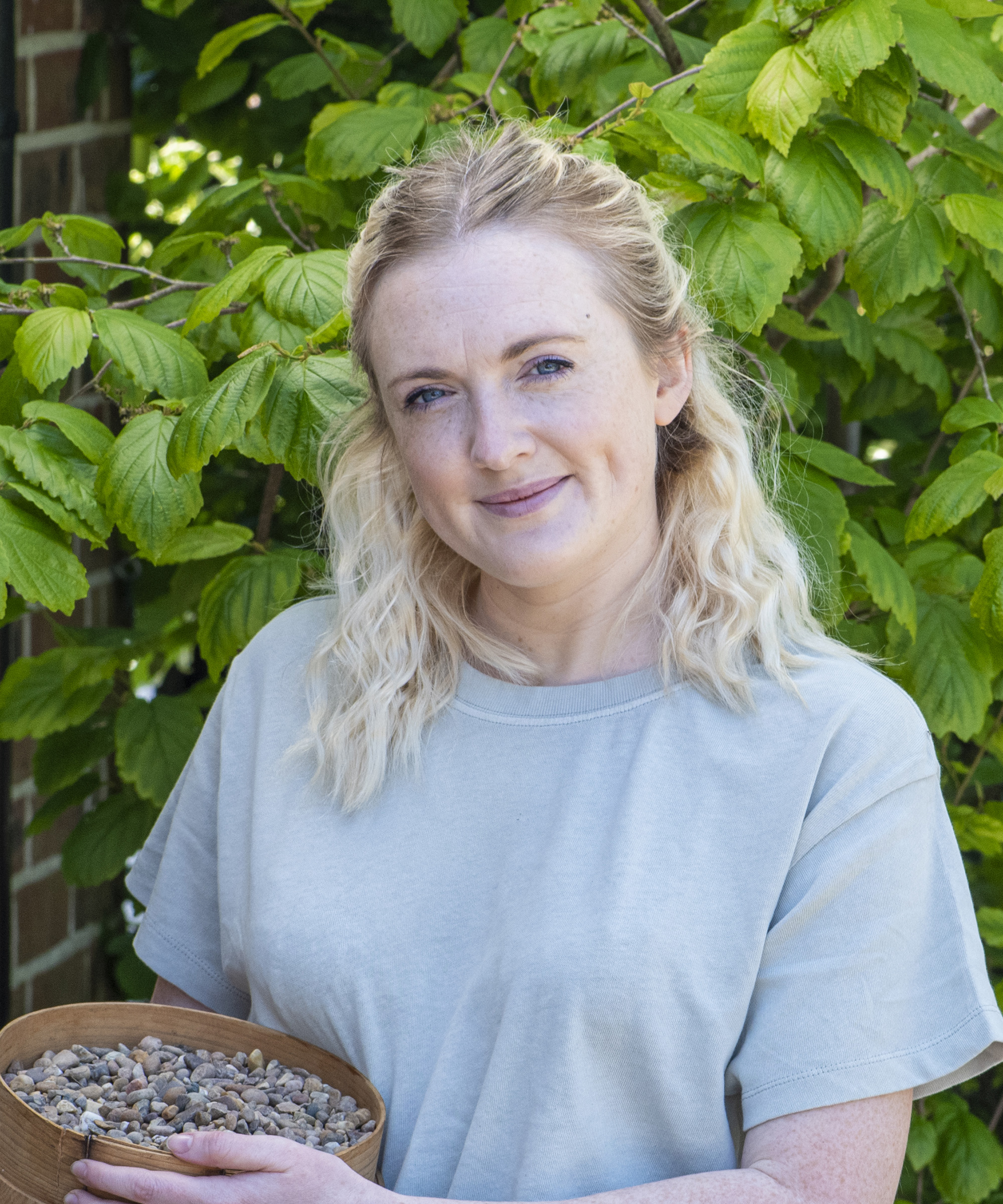
Teresa has been creating and editing a variety of rich garden content for over six years, across many brands including Homes & Gardens, Country Homes & Interiors and Living Etc. She was Deputy Editor on Gardeningetc.com as well as a judge on the panel at the prestigious Society of Garden Designers awards.
FAQs
Do certain plants help to boost mood?
Plants absolutely have the ability to boost our moods. Scented plants and flowers are especially effective at calming us in times of stress. Some so-called healthy plants can help us to sleep, and even bolster productivity.
Houseplants, too, can have mood-boosting capabilities. Some even have air-purifying qualities and tending to plants - particularly in an urban setting - can be very therapeutic and offer a break from busy, city life and our ever-present screens.
If you feel inspired to start growing your own crops, have a look at what flowers and vegetables you can plant in February, to get your year off to a super healthy start.
Sign up to the Homes & Gardens newsletter
Design expertise in your inbox – from inspiring decorating ideas and beautiful celebrity homes to practical gardening advice and shopping round-ups.

Rachel is a gardening writer, flower grower and floral designer. Her writing career began on Country Living magazine, sparking a love of container gardening and wild planting. After more than a decade writing for and editing a range of consumer, business and special interest titles, Rachel became editor of floral art magazine The Flower Arranger. She then worked as a floral designer and stylist for six years, before joining Homes & Gardens. An expert in cut flowers, she is particularly interested in sustainable gardening methods and growing flowers and herbs for wellbeing. In summer 2024, she was invited to Singapore to learn about the nation state's ambitious plan to create a city in nature, discovering a world of tropical planting and visionary urban horticulture.
-
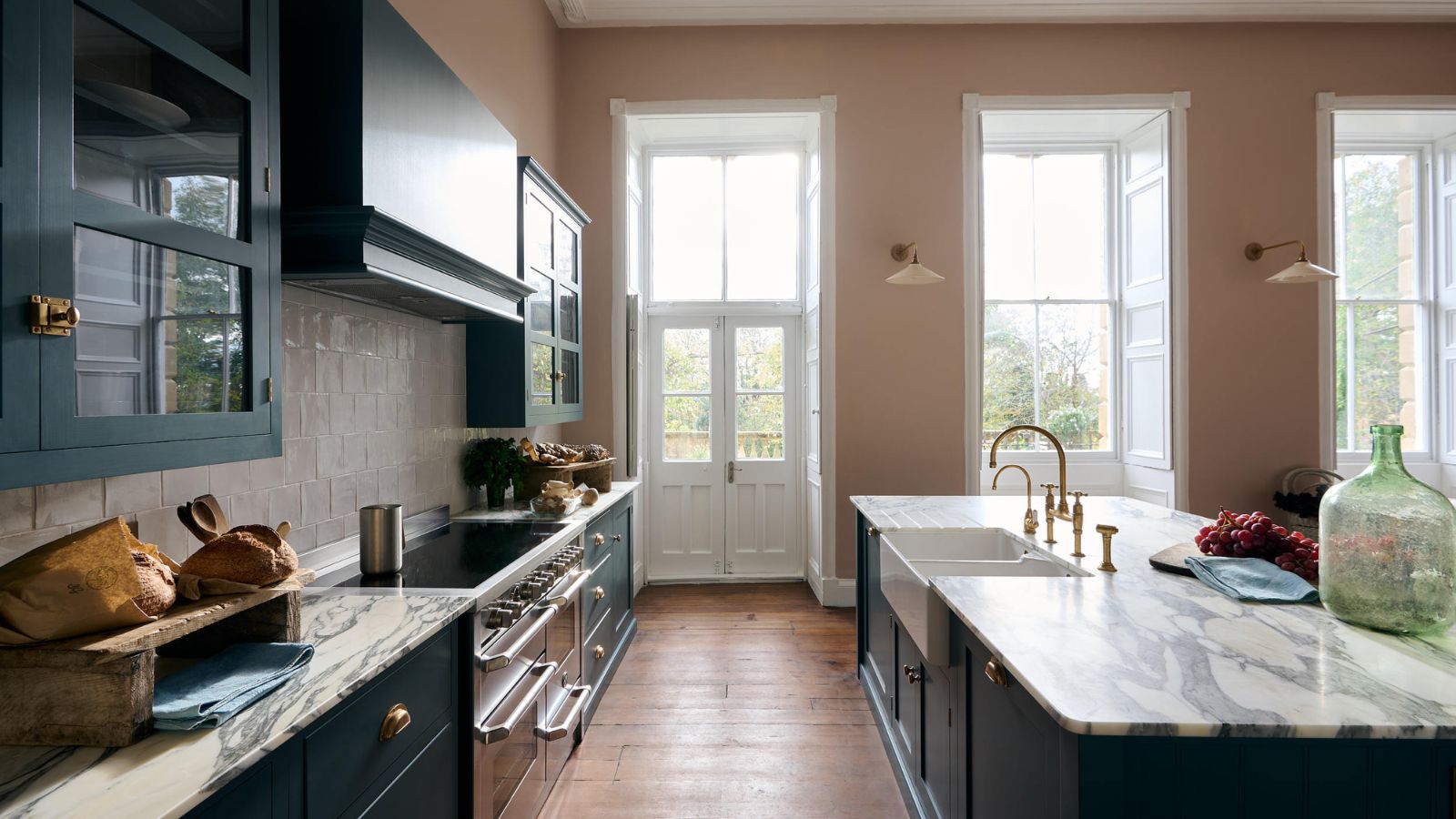 6 things you should never throw in the trash – and what to do for safe disposal instead
6 things you should never throw in the trash – and what to do for safe disposal insteadFrom batteries to space heaters, experts reveal what not to throw
By Andy van Terheyden Published
-
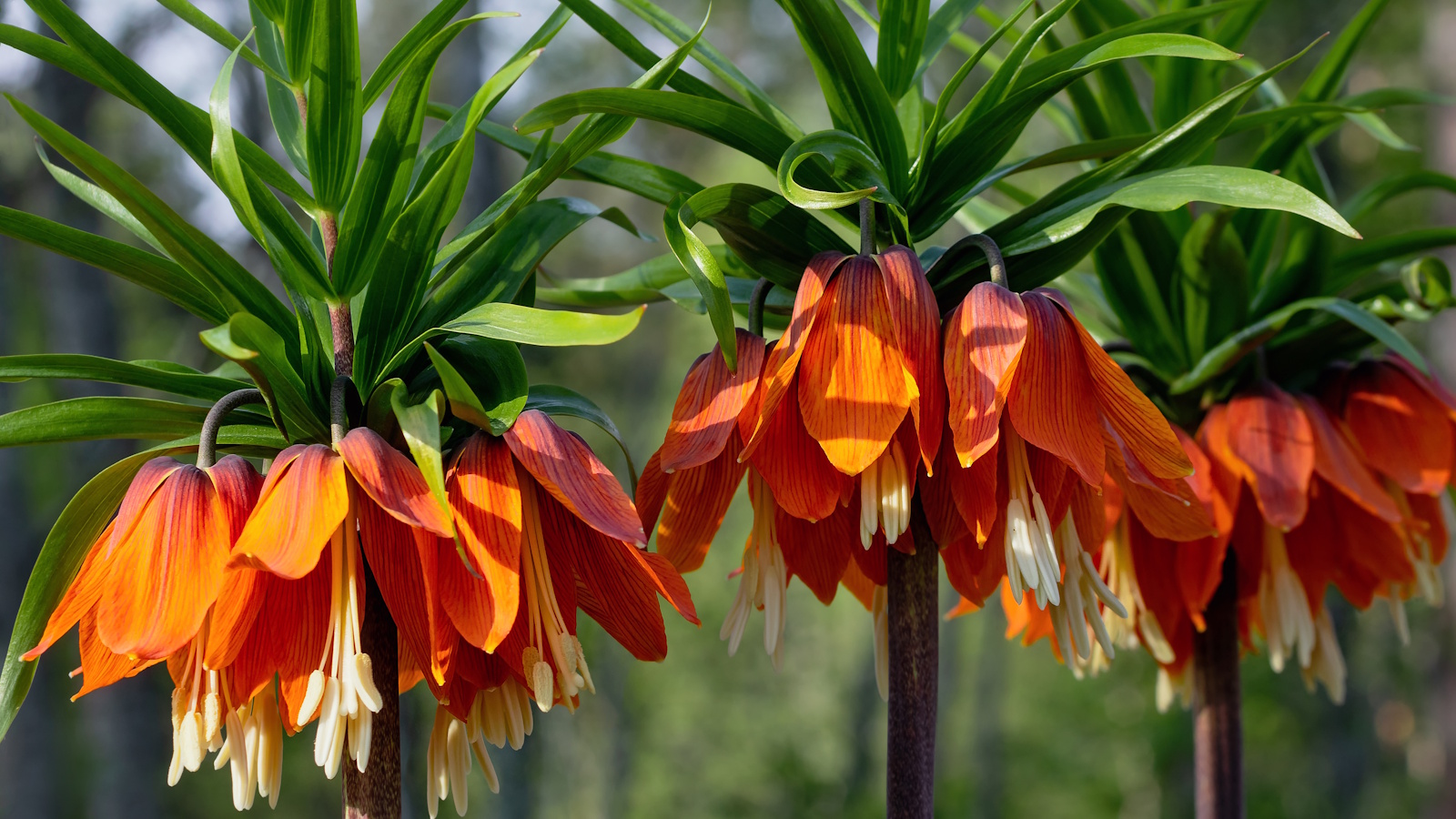 Worst-smelling plants to avoid – experts reveal 5 pungent species and suggest perfumed options to grow instead
Worst-smelling plants to avoid – experts reveal 5 pungent species and suggest perfumed options to grow insteadThese are some of the worst-smelling plants that can cause quite a stink
By Thomas Rutter Published